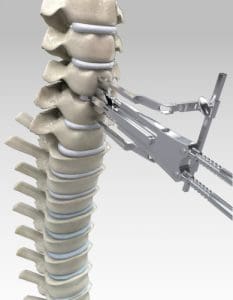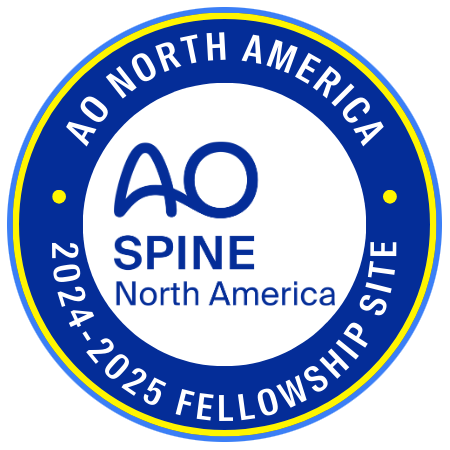 The First Annual Lumbar Total Disc Replacement Summit was held in late 2017 and featured a session on the challenges and solutions for total lumbar disc replacement implantation. Spine published a summary of the discussion.
The First Annual Lumbar Total Disc Replacement Summit was held in late 2017 and featured a session on the challenges and solutions for total lumbar disc replacement implantation. Spine published a summary of the discussion.
The panel included physicians Michael Janssen, DO, Rolando Garcia, MD, Lynn Miller, DO, William Reed, MD, and Jack Zigler, MD.
When considering the five-year randomized controlled trials, meta-analyses and observational studies comparing lumbar total disc replacement with fusion, the panel reported lumbar total disc replacement devices are associated with long-term success, few late-onset complications and a lower risk of adjacent segment disease and reoperation when compared with fusion.
The panelists developed two consensus statements:
- “Five-year investigational device exemption study data, which is long-term data, is readily available to support the utilization of lumbar total disc replacement in the appropriately selected patient.”
- “The published data on commercially available lumbar TDR technology used in treatment of degenerative disc disease demonstrate: 2a: Significant reductions in adjacent segment degeneration and reoperations compared with lumbar fusion. 2b: Minimal concerns with late onset complications.”
There are six randomized controlled trials examining lumbar total disc replacement for DDD with five-year follow-up data, all of which showed low-level particulate wear debris complications and reoperations. The panel did address challenges, including:
- Patient selection
- Gaining full disc space access
- Adequate release
- Precise implant placement
This article featured on beckersspine.com. Click here to read complete summary, posted by Spine.








